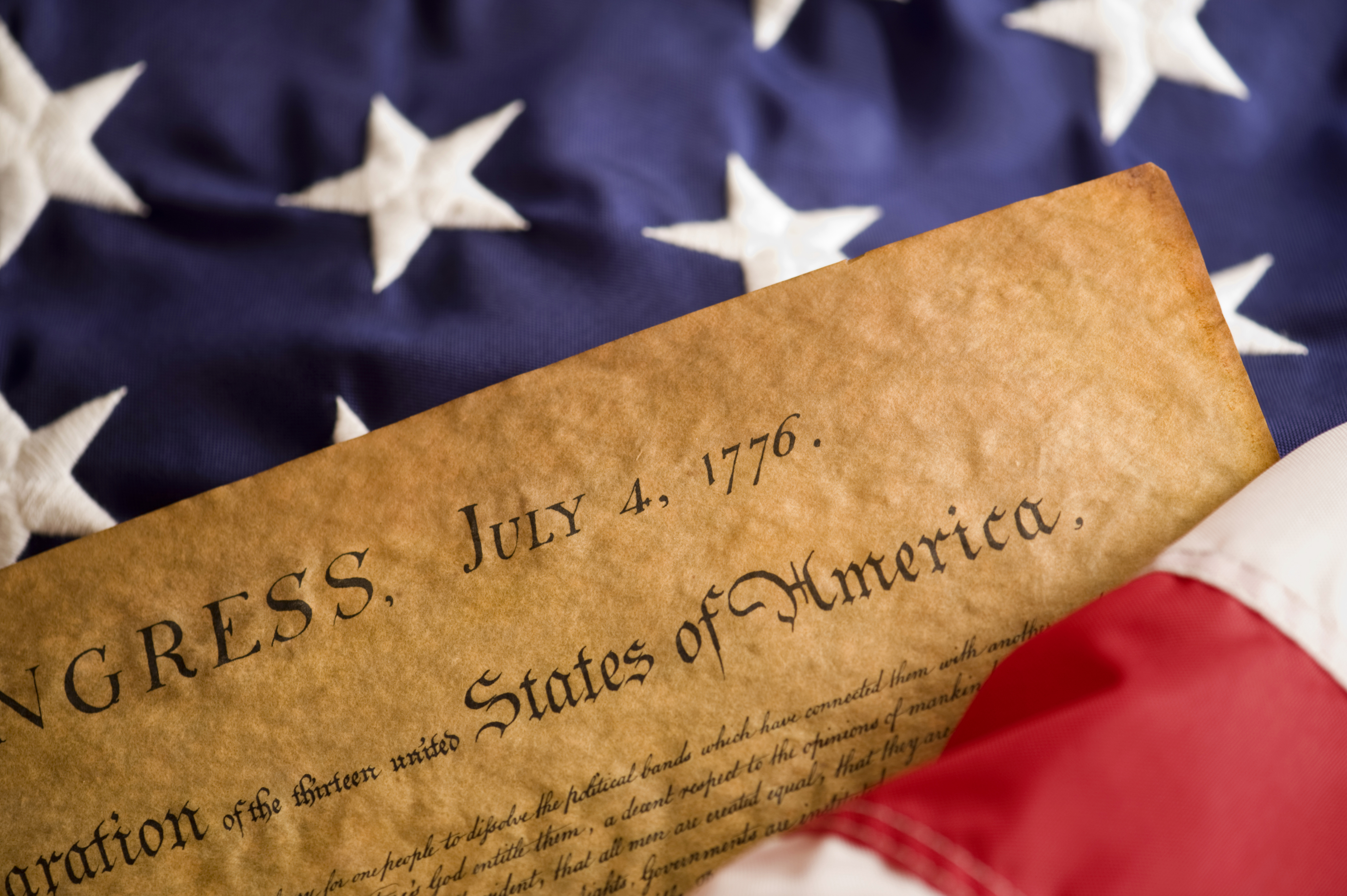After serving as the foundational document of the United State for nearly 250 years, are the truths of the Declaration of Independence still self-evident? Specifically, the pursuit of happiness?
I raise the point because while I’ve long considered the Declaration of Independence one of the most well-written and well-reasoned expressions of ideals anywhere and anytime, I find there’s always new, even deeper insights to learn. The document only has about 1,320 words and takes less than 10 minutes to read. But as a political philosophy and ethics professor at Harvard states, this “very short text is the single best education in political philosophy a person could have.”
The phrase “pursuit of happiness” has always intrigued me. With the 4th of July fast approaching, I think we can agree that in 1776 the author and editors of the Declaration of Independence assigned far more significance to the idea of “happiness” than the smiley face emoji we might tap in 2023.
Thomas Jefferson, who wrote the first draft of the Declaration of Independence, and the editors who reached consensus on the final wording, were well-acquainted with earlier theorists and writers on governance. Notably, in the 17th century, the British philosopher John Locke published two works—Essay Concerning Human Understanding and Two Treatises on Government—and had specifically used the phrase “life, liberty and property.”
But in the Declaration of Independence, Jefferson opted for “life, liberty and the pursuit of happiness.” The committee editors left it in. Fifty-six people signed on. Why?
I’d highlight two reasons. One, according to some research, “happiness” in this context is based on the Greek concept of eudaimonia. Eudaimonia relates to ideals of courage, moderation and justice that are essential to the peaceful, productive functioning of society. These would be among the principles called upon to form a new free and independent government.
Two, to continue the deep dive into Greek philosophers who inspired the framers of the United States, there’s also Aristotle and his thoughts on happiness. He wrote that happiness is more in the doing than in the having. It’s the end goal, yes, but happiness in the here and now comes from living well in ways that are beneficial to yourself and others. It’s something to pursue, one choice at a time. Virtue is involved, along with reason. You have to work at it—this practice of happiness—but reasoning helps you decide what to do and how to pursue it.
As Americans, we have a lot to live up to. The Declaration of Independence continues to help me focus on my rights and responsibilities as an American, and the ideals so carefully outlined and articulated in the document shine bright in my eyes as beacons for becoming.
At Gettysburg less than 100 years after the signing of the Declaration of Independence, when Abraham Lincoln was faced with the immense task of finding words to say after 50,000 fellow citizens had been killed in battle, he said, “It is for us, the living, rather to be dedicated here to the unfinished work which they have, thus far, so nobly carried on … that this government of the people, by the people, for the people, shall not perish from the earth.”
I wish you and your family and friends a renewed sense of happiness on the 4th of July. May we pursue it with conviction and energy for the betterment of all.
For the full text of the Declaration of Independence, visit the National Archives. Or enjoy this dramatic reading.
